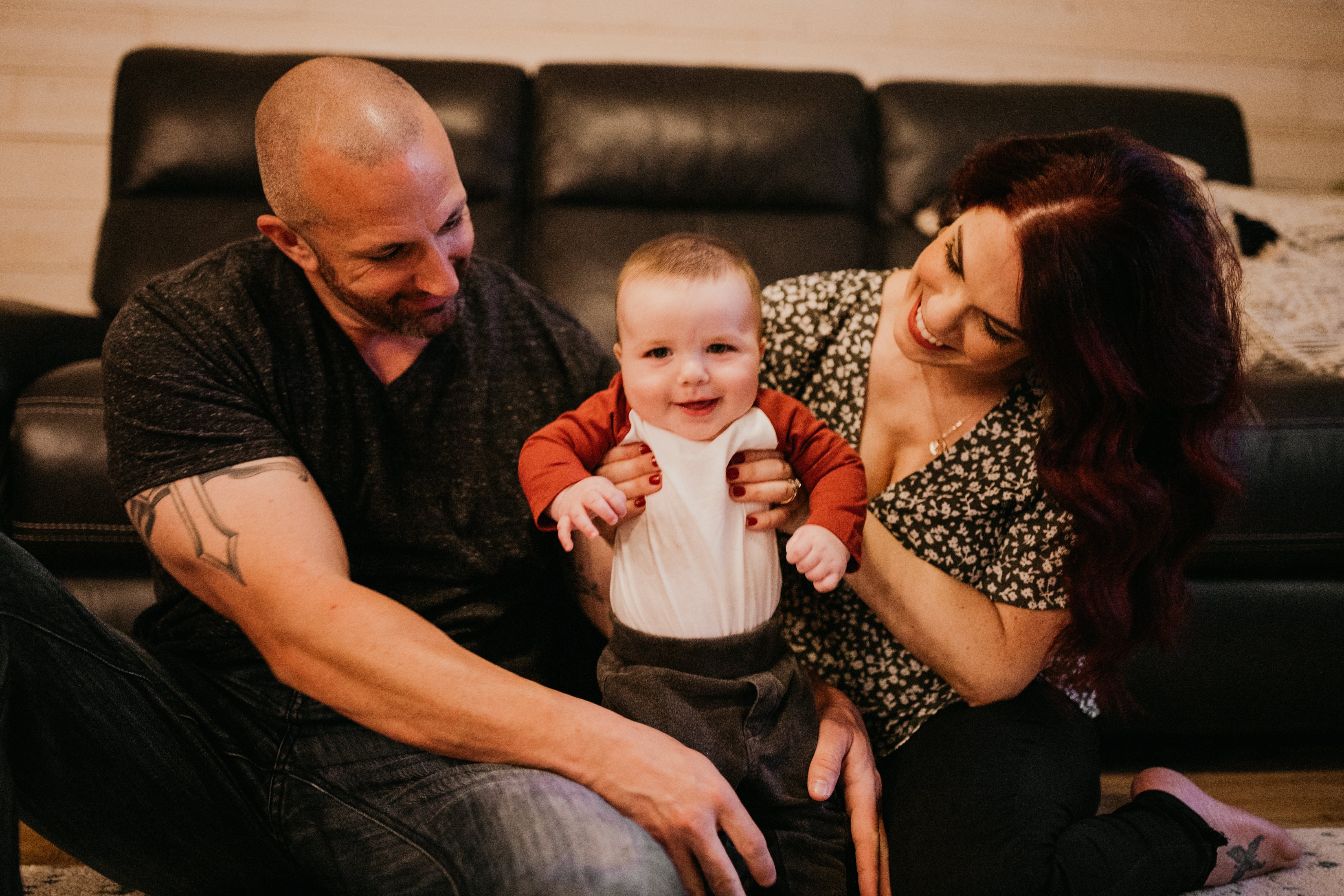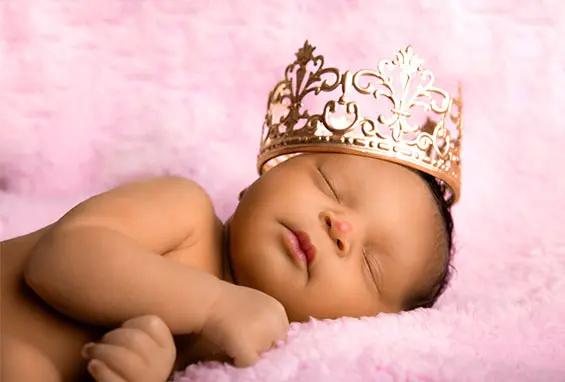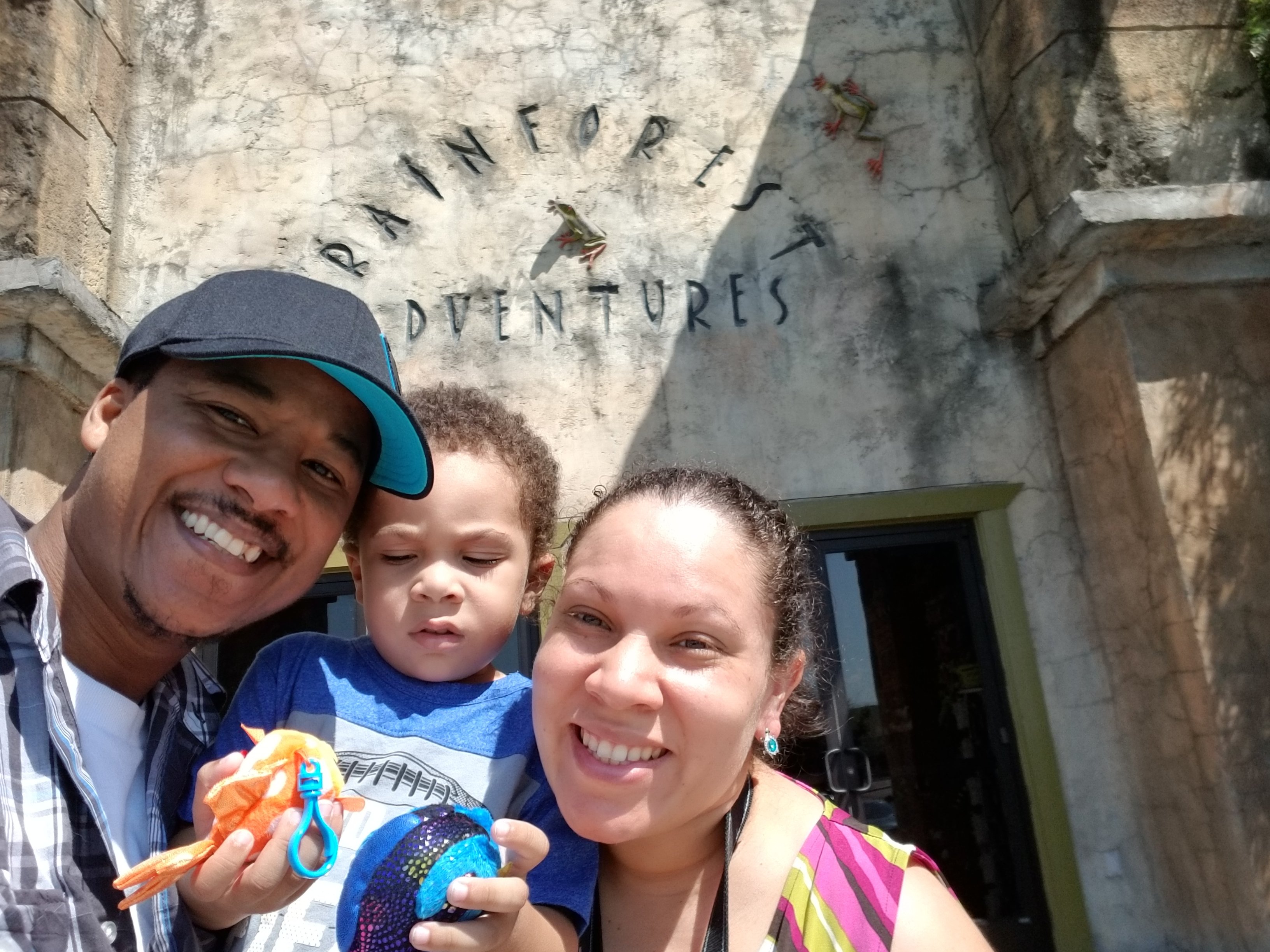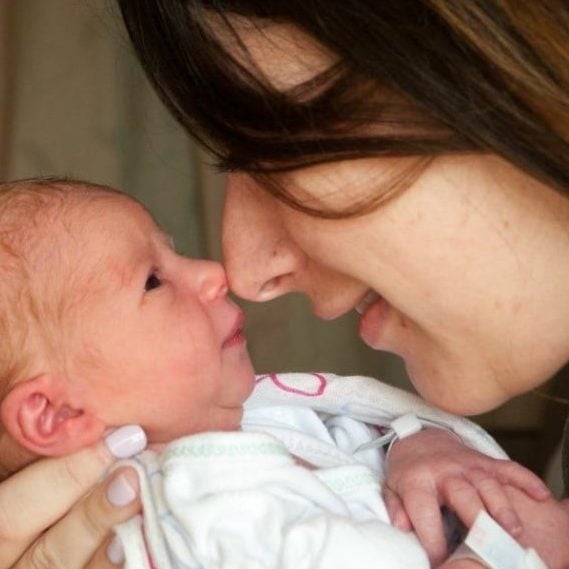Home / Patient Story / Angela

Patient Story
Angela
Sperm Production Disorders
In Vitro Fertilization (IVF)
Intrauterine Insemination (IUI)
Everyone says that you become a grown-up when you have a child. For me, it was when I was told I couldn’t.
I’m not sure when, in-fact, I ‘realized’ that I had become a grown-up. Maybe it was the first holy-mother-of-God-long intramuscular needle going into my back; or the time I overdosed on estrogen (which, according to the doctor on-call at 1:00 AM, isn’t a problem – just don’t do it again); or the first time I told my mother we miscarried, to name a few.
I was in my late 20s and my husband his early 30s when we decided we were ready. Our friends were all having children, we both had good jobs, we were in a nice little house with two cars in the driveway and two cats in the yard. It seemed like the natural thing to do. At least at first.
But there’s nothing natural about ovulation kits that predict your peak fertile time, or ‘saving up sperm’ so you can make having sex on those days even worth it. Granted, we took advantage of the situation for a while. After all, sex is still sex, even if it’s planned a week-to-thirteen-days in advance. But, it eventually and inevitably turned into something we had to do, like flossing or weeding. No matter how much you’d rather take naps or watch re-runs on TBS, we had to have sex. After about a year of that – when the routine got so old we started having sex while watching re-runs – we knew we needed to bring in the professionals. And I’m not referring to Dr. Ruth.
Maybe it was the first appointment at the fertility clinic that made me feel grown-up. I was definitely surrounded by other people who appeared to be grown-ups. You see, there is a very strict “no children in the waiting room” policy at a fertility clinic, in the same way there is a strict “no alcohol” policy at an AA meeting, or a strict “no chocolate bar” policy at a Weight Watchers meeting. But every now and then, the occasional child would slip in. And we both reacted to them differently. To me, seeing a baby in a stroller or a toddler running around the lobby made the longing worse. I was jealous and even a little angry with the parents whom I deemed inconsiderate.
To my husband, on the other hand, the clinic babies didn’t fill him with jealousy or anger; they filled him with hope.
The infertility rollercoaster
While we struggled with the very grown-up, simultaneous emotions of hope and jealousy, we also filled out very grown-up medical history forms that checked back farther than ancestry.com. We had all our grown-up body parts examined and had grown-up tests done to find out the very grown-up answer of whose “fault” it was. As it turns out, it was my husband’s “fault.”
The diagnosis was a low sperm count, and the remaining few had no idea where they were going. We were relieved to finally have an answer, but all it did was create more questions. We wanted to know how. Was it the drugs in college? A misdirected x-ray at the dentist’s office? Years of tight underwear?
We also wanted to know why. Why two people who wanted a child so badly couldn’t, while teenagers across the country get accidentally pregnant so often that MTV had the foresight to make a reality show about it.
But mostly, we were eager to know when. When would it finally happen for us? We were tired of the stroller-free tailgates, the holiday cards with cats instead of kids, tired of spontaneous happy hours and late nights at bars (as much as you could get tired of happy hours and bars.) And especially tired of people asking us when we were going to have kids. Though I have to admit, sometimes I liked answering those ones honestly and bitterly just to see them writhe right in front of me.
Meanwhile, at about the time we were classified as infertile, the first of five nieces would come into our family. I became a godmother to twin nieces (naturally conceived, of course), we had two beautiful baby namings and four – count them – four office baby showers despite being in an office of 30 people. I had to comfort one friend who needed an abortion and another who desperately needed a vasectomy.
Honest.
Living on your infertility island
I couldn’t watch Juno or Knocked Up without crying, and even the infertile Sun and Jin on the island of Lost were pregnant. It seemed everyone was conquering infertility better than me.
So, I created my own island. I know it’s not very grown-up to have an imaginary island, but we all escape our problems differently. My island was for infertile couples only. There would be no one asking when you were finally going to have kids, no one wondering why you’re crying at a baby shower, no scheduling work around doctors’ appointments, and best of all, no empathy. None.
And when someone on the island did get pregnant, you’d be happy, not jealous. You’d throw a big party and toast them while you still could.
But sadly, we didn’t ship out to my infertile outcast colony, instead, we put our heads down and went for shared risk. Shared risk means you give them a sum of money upfront for six IVF (in vitro fertilization) attempts. If it took more than a couple of tries, the financial risk was on the clinic. If we had a baby on the first try, the financial risk was on us.
The excitement and disappointment of treatment
Our first IVF cycle began, and with that came telling people. They would always nod their head and say, “Oh, cool!” If they really knew what went into IVF, I’m not sure they’d react that way. Daily blood tests, two-a-day injections into my back and stomach, my ovaries swelling to the size of cantaloupes, hormones, surgery to remove the eggs, post-op-cramps that are more like punches than cramps, implantation, mandatory bed rest, and the dreaded two-week-wait, wondering if it all worked. It’s hard to believe the opposite of this is sex.
But as it turned out nearly two-and-a-half years, six IVFs, and one frozen embryo cycle later, the risk and financial burden were undoubtedly on them. During the appointment where we evaluated the failed sixth attempt and discussed what the next plan of attack would be (usually an appointment of optimism and hope), our doctor slid our money back, figuratively. It was his professional medical opinion that IVF wouldn’t work and we wouldn’t get pregnant that way.
We sat in the doctor’s office for hours, wondering if I was “at fault,” too. He suggested that maybe my eggs were partly to blame. Maybe my body just didn’t like the hormones and procedures. So he offered us (what his nurse would later refer to as a “Hail Mary”) round of 3 IUI (intrauterine insemination) procedures. A much less effective –albeit less invasive – course of action, with a normal success rate of less than 10%. But if that weren’t grim enough, he then looked around his office for a minute until he finally found what he wanted to give us; a book on adoption.
It was the most grown-up doctor’s visit I ever had.
Life’s little surprises
We then did what any couple would do when faced with failure, inadequacy hopelessness, and despair – we planned a trip to Hawaii. Why not? We would never give up and we’d never quit, but we also knew that we couldn’t stop living. He and I had sacrificed our marriage, our sex life, our mental and physical health, our life’s savings, and at times even our careers trying to have a baby; a few Mai Tais couldn’t hurt. So, we booked our flights, booked our accommodations, and finally had something else we could be excited about.
John Lennon once said, “life is what happens when you’re busy making plans.” And every once in a while, we’re reminded of that.
The IUIs were so non-invasive that from time to time we’d forget we were even still trying. On the day before we left for two weeks on the North Shore of Oahu, I did a routine pregnancy test – the last one in my stash.
There would be three of us going to Hawaii.
Quite literally, life happened while we were making plans.
So, if there was one thing I learned from this experience, it was to never give up. Not exactly original. In fact, it’s simple and cliché and maybe even expected. You’d think that after this entire ordeal, after all the pain and all the tears, I’d learn a life lesson much more insightful and inspiring than that.
But, boy (or, in our case, girl) is it the truth.
Need-to-know fertility resources and guidance
Diagnosis and treatment
We understand you may have questions about infertility and how it’s treated. Gain answers from the diagnosis and treatments shared in this story.
Infertility terms
Male factor infertility
Intrauterine insemination (IUI)
Receiving care
Assemble your fertility care team close to home. Explore our different locations and physicians who will provide guidance along your journey.
Find a location near me
Meet our SGF care team
Related Stories
Patient Story
Dani & Corey
Patient Story
Donte & Kevin
Patient Story
Tracy & Anthony
Patient Story
Amy
2025 Shady Grove Fertility




